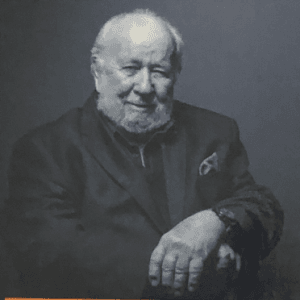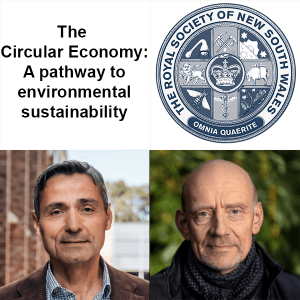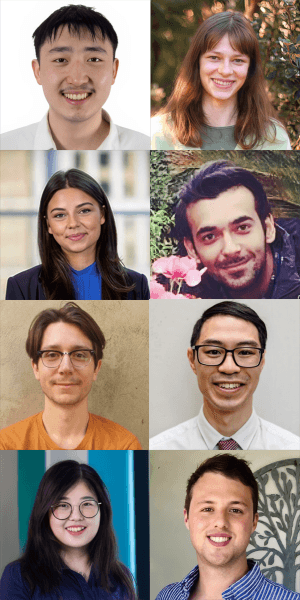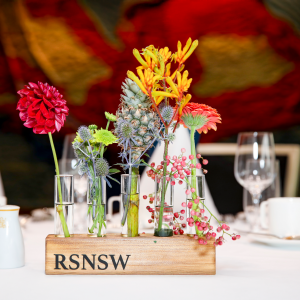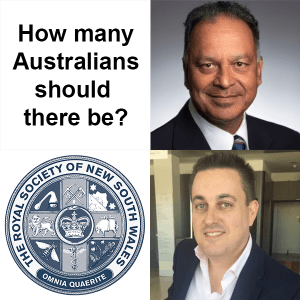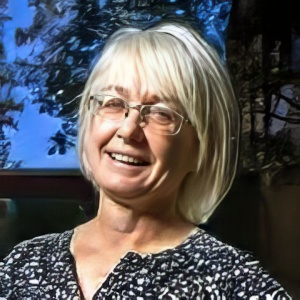
 “Equity within the Academy: Rethinking the ‘why’ of higher education”
“Equity within the Academy: Rethinking the ‘why’ of higher education”
Distinguished Professor Sarah O’Shea
Dean, Graduate Research
Charles Sturt University
Date: Wednesday, 23 October 2024, 5.30 pm for 6.00 – 7.00 pm start (AEST)
Venue: CSU Dubbo Campus Bldg 901, Room 121, 8 Tony McGrane Place, Dubbo, NSW, and live-streaming
Video presentation: YouTube video
All are welcome
This meeting is a joint presentation of Charles Sturt University and the Western NSW Branch of the Royal Society of NSW
Summary: Globally, higher education is undergoing a period of significant change, including a collective drive to grow the numbers and diversity of students accessing tertiary institutions. Within Australia, this transformation has been foregrounded by the recent ‘whole of sector’ review led by Professor Mary O’Kane, which has led to critical debate about the role and purpose of our universities. The resulting Accord report rightly places equitable student participation front and centre in its deliberations, reminding us that attaining a ‘higher’ education should never be a choice demarcated by postcode, wealth, or family biography but rather, conceived as a universal human right. However, embedding ‘equity’ within our tertiary system is a complex undertaking requiring fundamental shifts in how universities are structured and organised. This Provocations talk critically interrogates these calls for ‘higher education equity’ relative not only to social and political factors, but also the ‘lived experience’ of university attendance for students from more diverse backgrounds. By questioning some of the assumed or taken-for-granted aspects of our tertiary education sector, this presentation will discuss how we might ‘reconsider’ the why or purpose of universities, particularly in the context of the current ambitious equity policy agenda.
Having spent nearly three decades teaching and researching in the higher education field, Sarah O’Shea is regarded as an expert in educational equity. Currently a Distinguished Professor and Dean at Charles Sturt University, Sarah’s research ($AUD 3.8million+) advances understanding of how under-represented student cohorts enact success within the university, manage competing identities and negotiate aspirations for self and others. Sarah has also held numerous university leadership positions, which have directly informed changes across the Australian higher education sector, this work recognised via numerous awards and fellowships.
| Charles Sturt University | |
| Date: | Wednesday, 23 October 2024, 06:00 PM |
| Venue: | CSU Dubbo Campus Bldg 901, Room 121, 8 Tony McGrane Place, Dubbo, NSW, and live-streaming |
| Entry: | No Charge |
In Person Event
All are welcome

